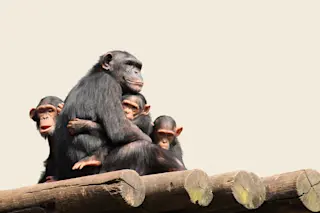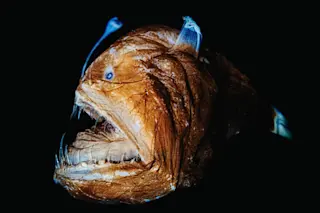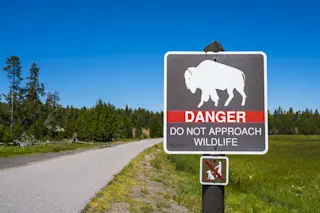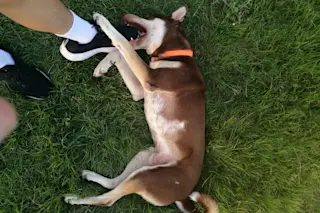There's nothing in this world so sweet as love. And next to love the sweetest thing is hate. - Henry Wadsworth Longfellow
I stare hard into his hazel eyes. Those damned eyes. I blink, and I'm bombarded with flashes of those eyes through lenses of love, trust, fear and anger. My blood is pumping with passion, sped on by norepinephrine and vasopressin. The neurons in a round structure at the base of my forebrain are firing like crazy, a cacophony of neural activity. I glance down at his lips. Half of me wants to kiss him - half of me wants to break his jaw. Part of the problem is that for intense emotions, my body reacts in a similar way. Heart rate and blood pressure skyrocket, driven by stress hormones. My muscles tense. My palms sweat. My cheeks flush. Objectively, it might be hard to tell what I am ...













